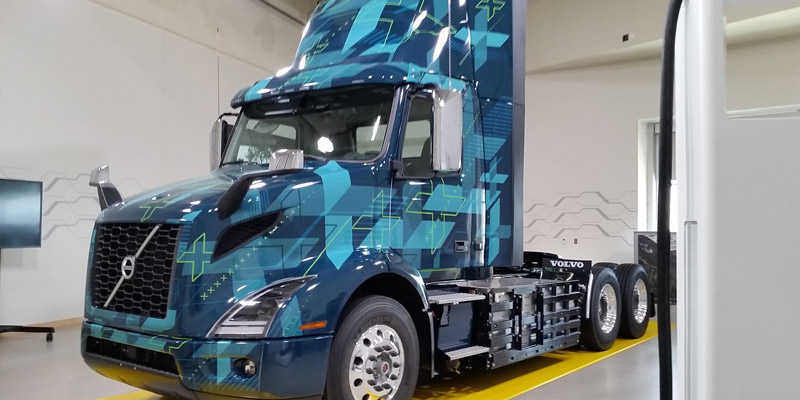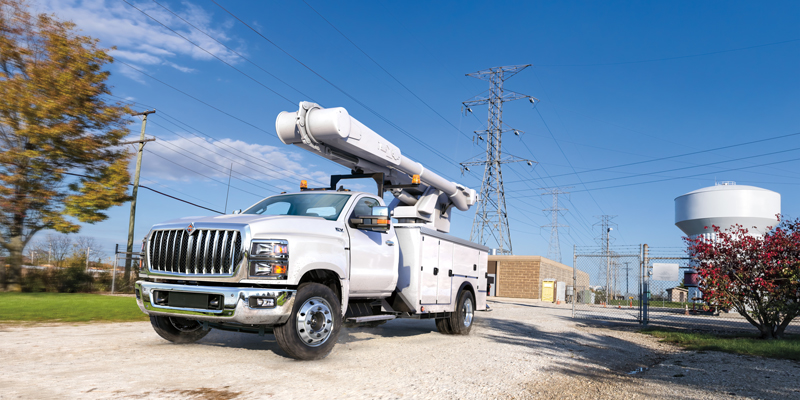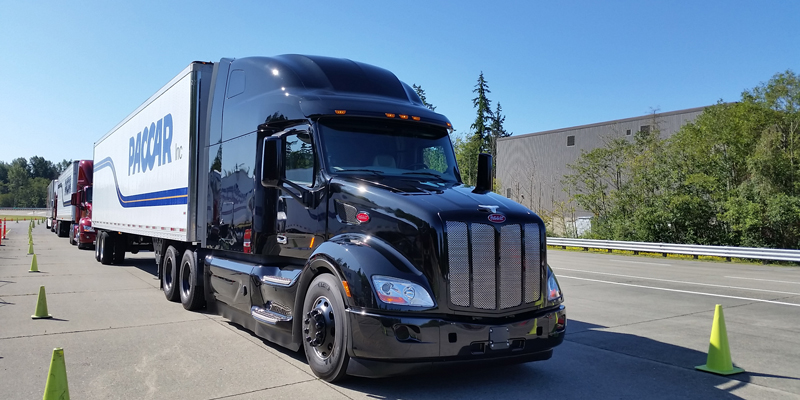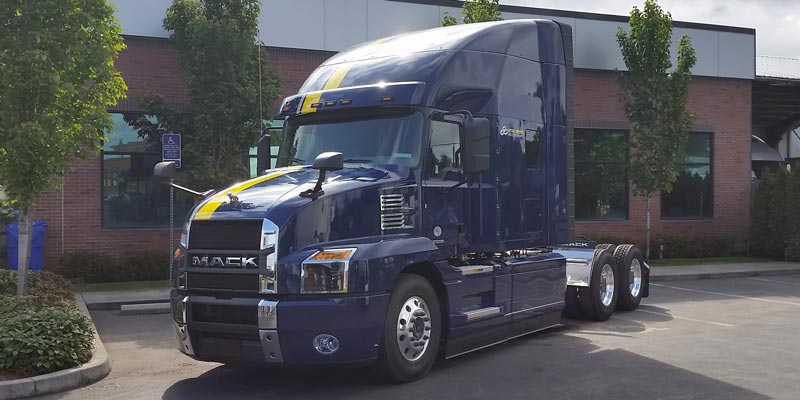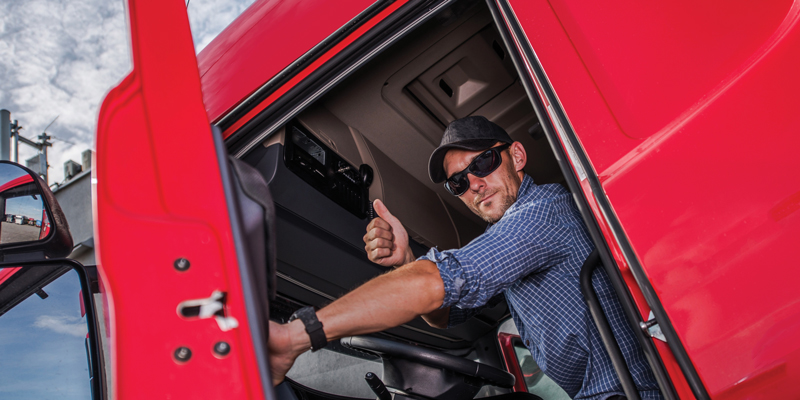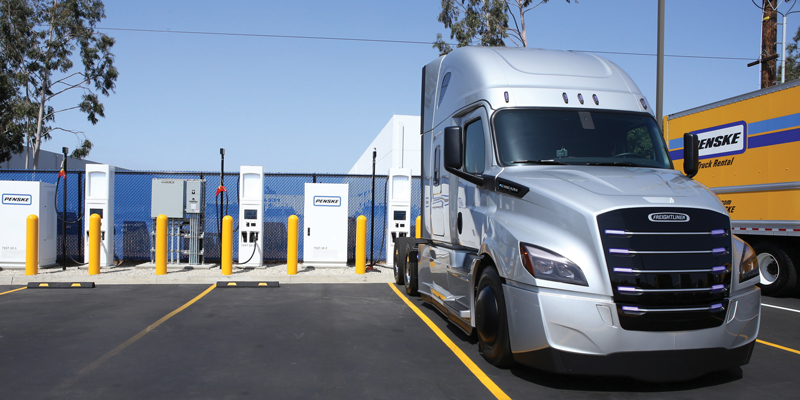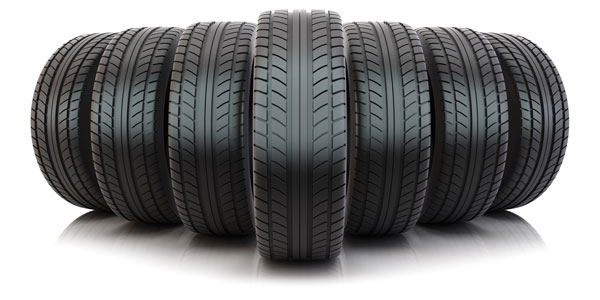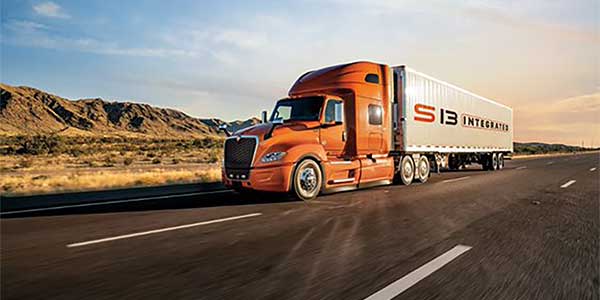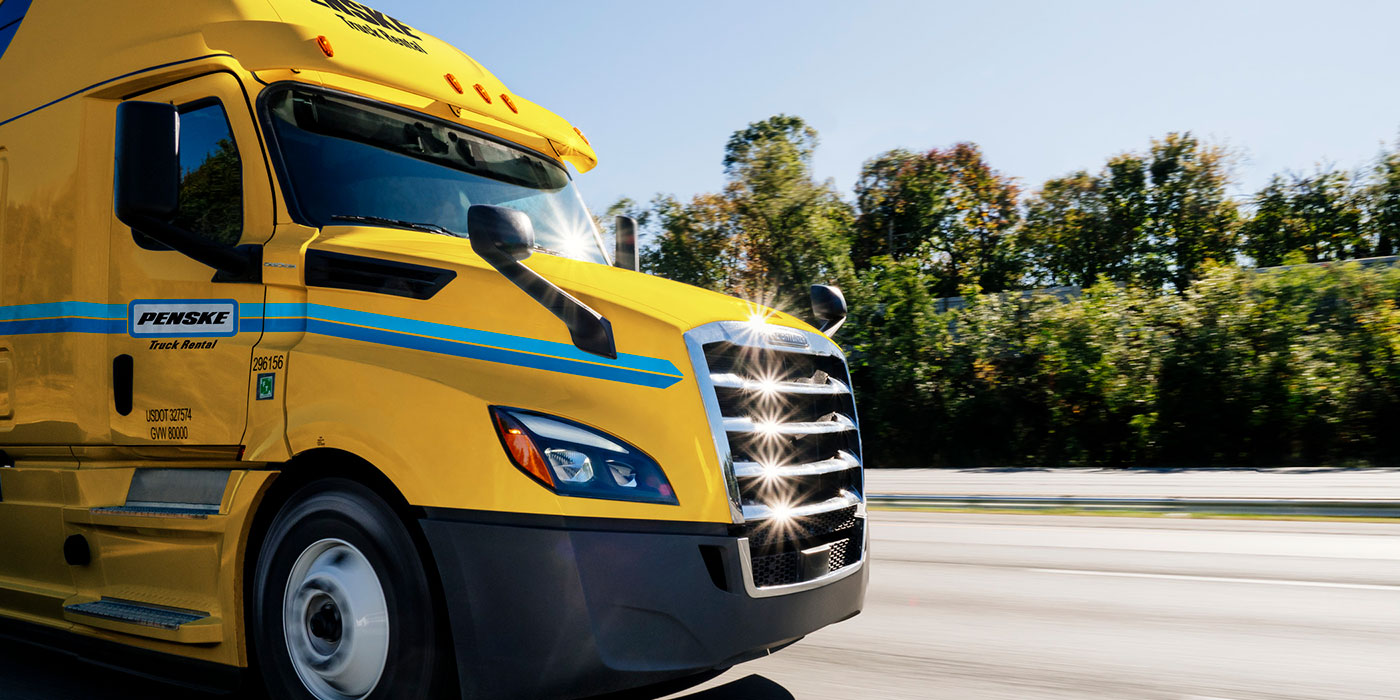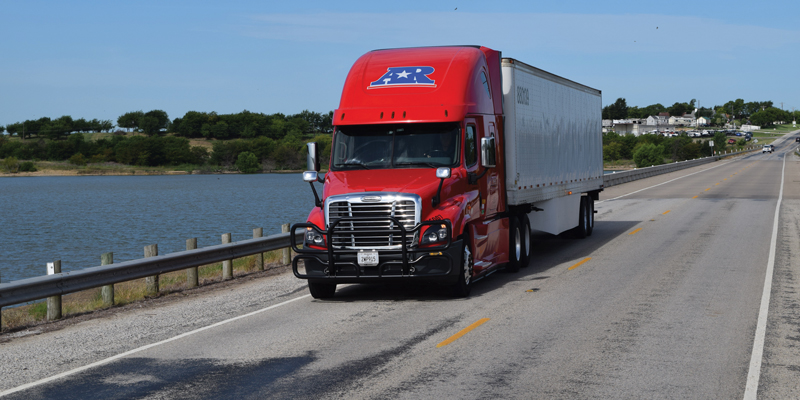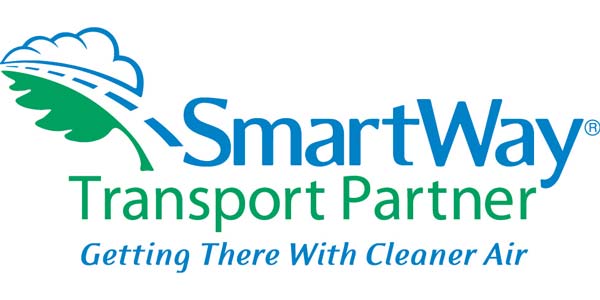Fuel is expensive and continues to get more expensive. It is in fact, for virtually every trucking company, the second largest expense behind only labor. But trucks don’t run without fuel, so you’ll have to bite the bullet and continue to use it. However, it makes no sense to burn any more fuel than is necessary to haul a load to its destination. So why let engines idle unnecessarily, burning a gallon of expensive fuel every hour?
That’s the question that Canton, Mich.-based A.D. Transport Express asked of itself then went forward to find an answer that would cut its fuel consumption, decrease its volume of exhaust emissions and make a contribution to its bottom line. The fleet is a member of the SmartWay Transport program, a voluntary partnership between various freight industry sectors and the EPA that establishes incentives for fuel efficiency improvements and greenhouse gas emissions reductions.
Through SmartWay, the fleet learned of various methods to cut unnecessary idling. Its first step was to evaluate current practices. David Konopka, the fleet’s director of quality, reports the survey found that 99 of its trucks idled over 50 percent of the time, one 69 percent. Even more units idled 40 to 50 percent of the time.
To help fleets cut unnecessary idling, the SmartWay program suggests several alternatives: automatic engine shut-down systems, direct diesel-fired heaters, auxiliary power units (APUs) or electrification of the cab. A.D. Transport chose to try APUs because they would provide cab comforts for the driver in both hot and cold environments. The next step was to fund the project. To do so, the fleet applied for and was awarded a $45,000 NextEnergy-administered Detroit Area Clean Cities Coalition Idle Reduction Incentives Grant, which covered nearly half of the cost of the APUs needed for its early tests.
Its initial test group began with 13 units from three APU suppliers –– Thermo King, Cummins and Willis. Konopka said that first installation of an APU reduced the driver’s idle time from 64 percent to seven percent, providing a substantial savings on fuel cost.
The fleet subsequently set an idling goal of 10 percent or less for units equipped with APUs. With these numbers, Konopka says that the fleet is expecting a return of $8,500 per year in fuel savings per vehicle or $110,500 in total for the 13 trucks.
With such a result, it’s no surprise that A.D. Transport is planning on adding APUs to the remaining vehicles in the fleet. Konopka says that if the company uses the same formula from its test group and actual idle time averages from the remaining 201 units, it can anticipate an annual fuel savings of $1,477,956.
SmartWay is establishing several financing programs to make such technologies accessible to interested trucking companies through upgrade kits –– fuel-efficient technologies bundled with emission control devices. The kits, to include an idling reduction device, exhaust aftertreatment device, tractor and/or trailer aerodynamics, and low rolling resistance duals or single wide tires, may improve fuel economy up to 20 percent, reduce oxides of nitrogen (NOx) up to 20 percent and reduce particulate matter (PM) up to 90 percent. Kits purchased by trucking companies can be customized to the specific needs of the fleet.
SmartWay is using Small Business Administration (SBA) approved lenders and other financial institutions to offer affordable principal and interest monthly payments –– with no collateral required –– for loans ranging from $5,000 to $25,000. Most fleets will save more money each month in lower fuel costs than the cost of loan repayment, according to SmartWay.
For more information on the SmartWay Partnership, go to http://www.epa.gov/smartway.



